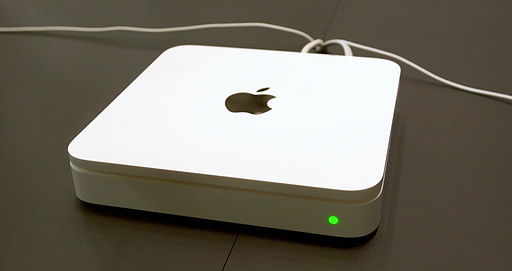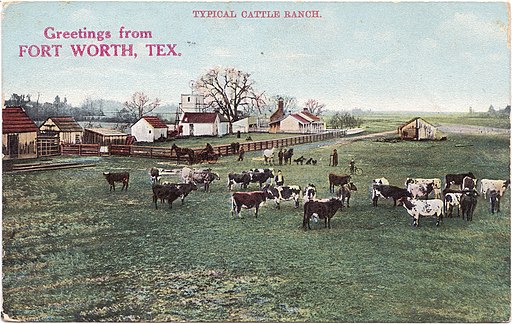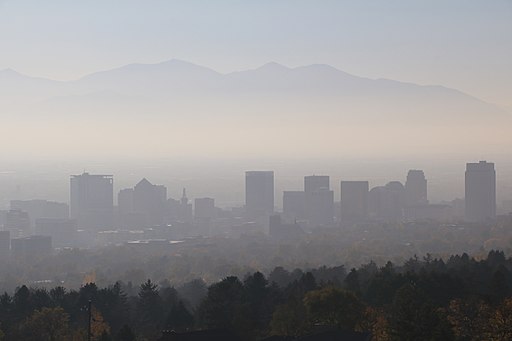
“Here’s some free advice for 2023,” Erin Keller writes at the New York Post: “Delete all your personal information — and sexual content — from your electronic devices before donating them to Goodwill.”
The advice may be free, but it’s worth far more than we’re paying for it.
The “news hook” to Keller’s piece: A TikToker’s revelations concerning an old router he bought at Goodwill for $15. This particular router (a discontinued Apple model called a “Time Capsule”) did more than connect its user to the Internet. It also included a hard drive to store computer backups on.
Money quote: “There is audit history, credit card numbers, flight information. I have this man’s bank account number …”
Fortunately, “@dankeunextgay” isn’t a bad guy. He’s not abusing, sharing, or selling the information. He’s trying to track down the router’s former owner or family to return it.
You might be surprised at how common this kind of thing is. An acquaintance of mine (who’s into retro computing) once bought a stack of 3.5″ floppy disks at a thrift store. When he got home, he discovered that their previous owner had been a hospital, and that they were chock full of, in US legal parlance, “Protected Health Information” on patients. He’s not a bad guy either, so he formatted the disks and filled them with his own stuff instead of prank-calling cancer patients or trying to pick up other people’s oxycodone prescriptions.
There’s a lot of talk these days about a “right” to privacy. I’m skeptical of that notion (“information wants to be free”), but privacy is certainly a good thing. And it’s our responsibility to protect our own privacy and the privacy of those we’ve made promises to (e.g. a health provider’s promise of patient confidentiality).
So yes, if you’re going to drop your old laptop in a thrift store donation bin (or abandon it at a repair shop — yes, I’m talking to you, Hunter), for the love of Pete wipe your hard drive first.
But there’s more to it than that. Use strong passwords. Lock your phone with a pin, not a swipe or fingerprint scan. Use end-to-end encryption for your emails and texts where it’s available. Set up PGP to encrypt your private documents.
There are bad people and governments (but I repeat myself) out there who won’t hesitate to abuse your personal information for their own benefit.
If you value your privacy, guard it.
Happy New Year.
Thomas L. Knapp (Twitter: @thomaslknapp) is director and senior news analyst at the William Lloyd Garrison Center for Libertarian Advocacy Journalism (thegarrisoncenter.org). He lives and works in north central Florida.
PUBLICATION/CITATION HISTORY


